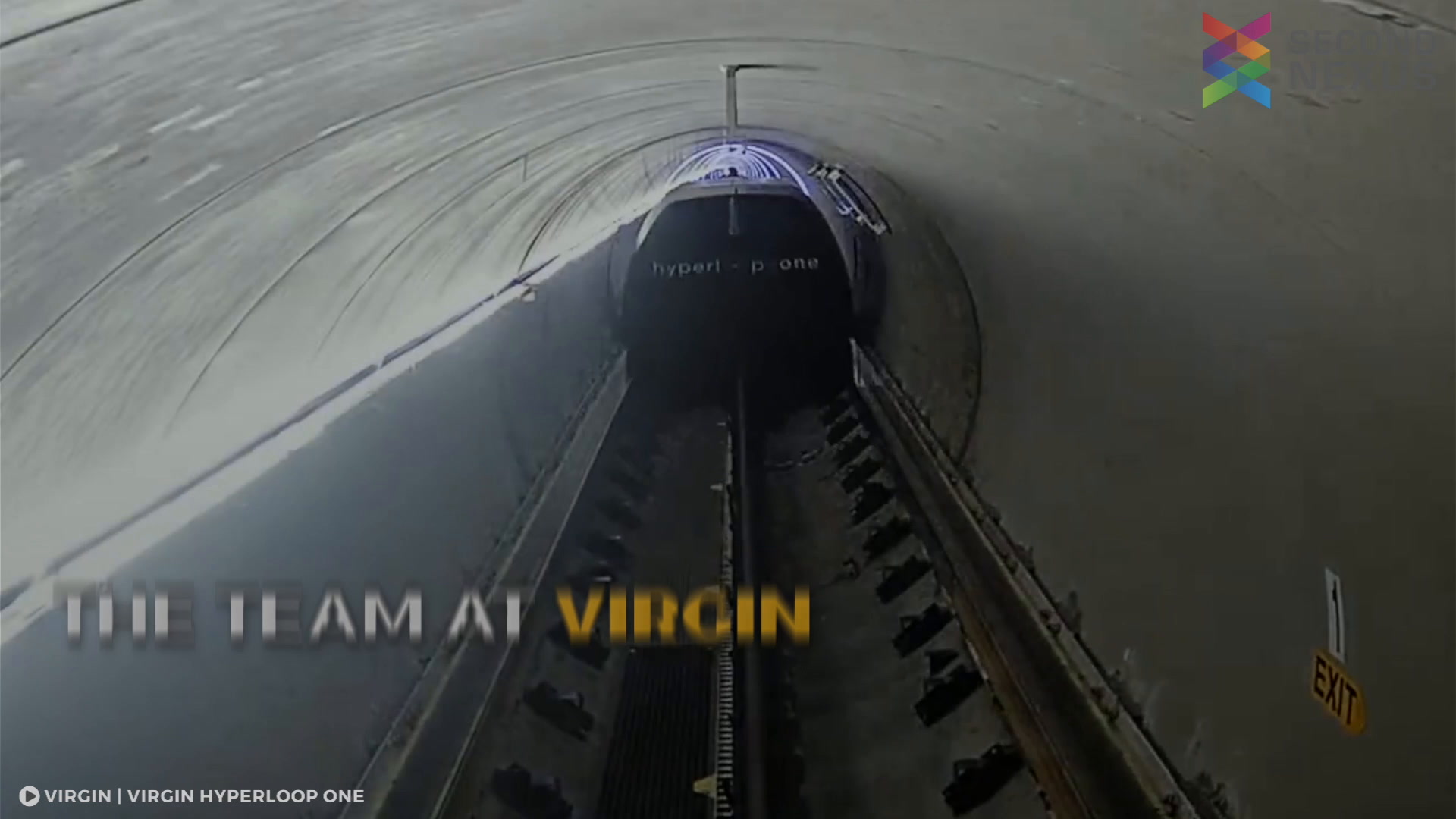
The only thing moving faster on the horizon than high-speed rail travel is the race to perfect it.
Pursued by titans of energy innovation like Elon Musk and championed by climate change reduction figureheads like Congresswoman Alexandria Ocasio-Cortez, the landmark method of moving people and property would revolutionize travel and could significantly lessen vehicle emissions produced by humankind.
Though prospects for The Boring Company's execution dimmed after California Governor Gavin Newsom expressed doubt in the project, but outside of Las Vegas, Virgin's test of the Hyperloop One is accelerating.
Tests of the full-scale model have achieved 240 miles per hour, with a goal for the final product to reach up to 600 miles per hour—over twice the speed of trains today.
The company just finalized an agreement with the Maharashtra government to build a route from Mumbai to Pune that would shorten the commute between the cities to 25 minutes from its current time of over three hours. They hope to have it up and running as soon as 2024.
The hope for greater sustainability with high speed rail is a huge selling point for locations seeking to lessen their carbon footprints. In The Boring Company's model, a pod's magnetization coupled with reduced pressures inside a vacuum tube greatly decrease the amount of energy needed to fuel the pods.
Virgin's early mockups are giving people hope for a transition to more sustainable transportation methods as well.
However it's still not short of skeptics.
Some think it's an expensive pipe dream.
Some insist that the idea is no different from a train.
However, the promise of reduced travel time and lower emissions remains a prospect worth exploring.







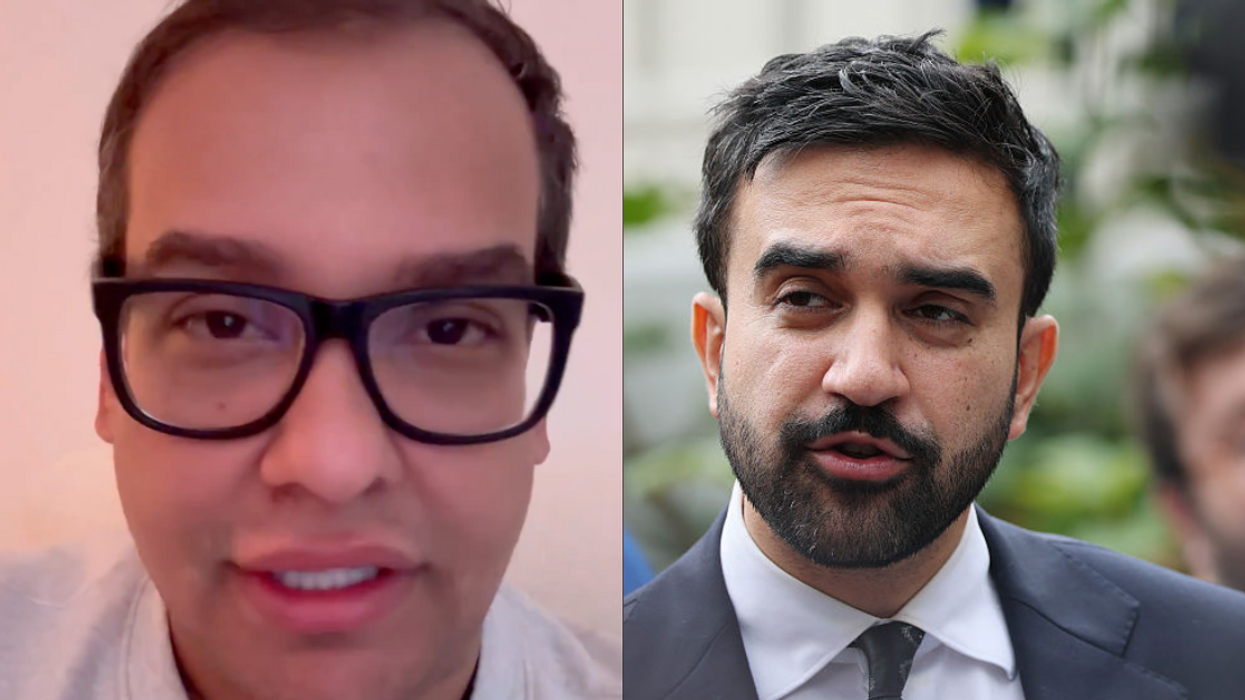
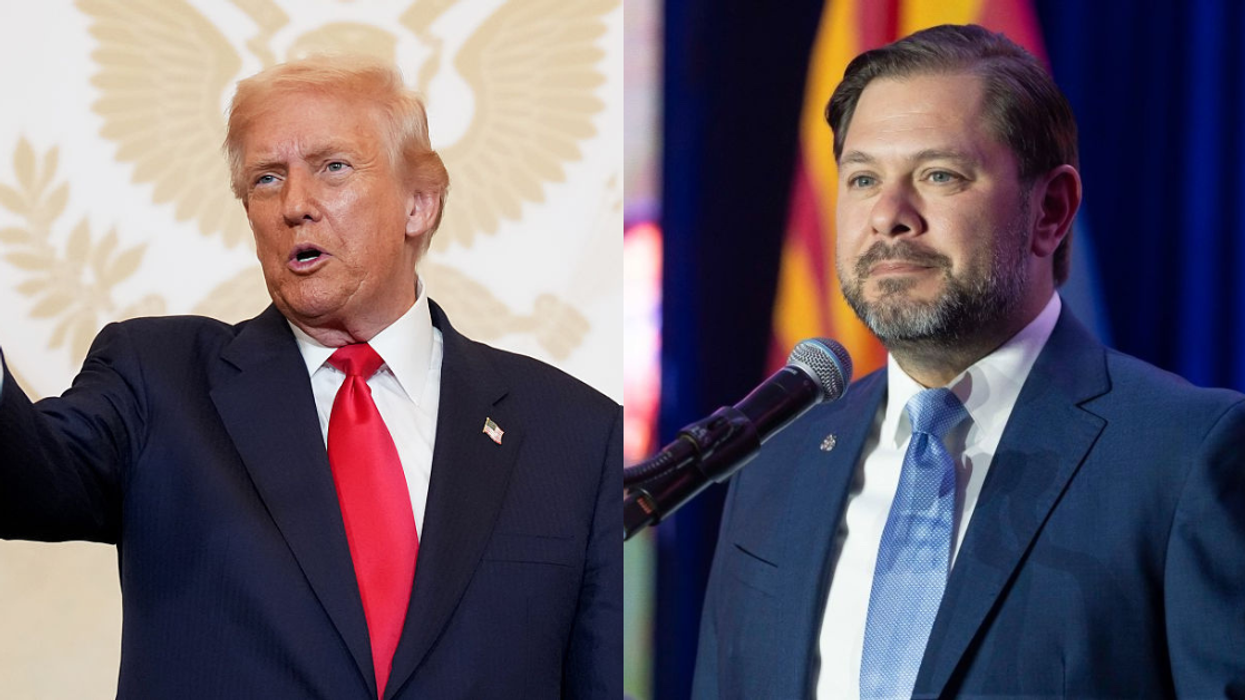




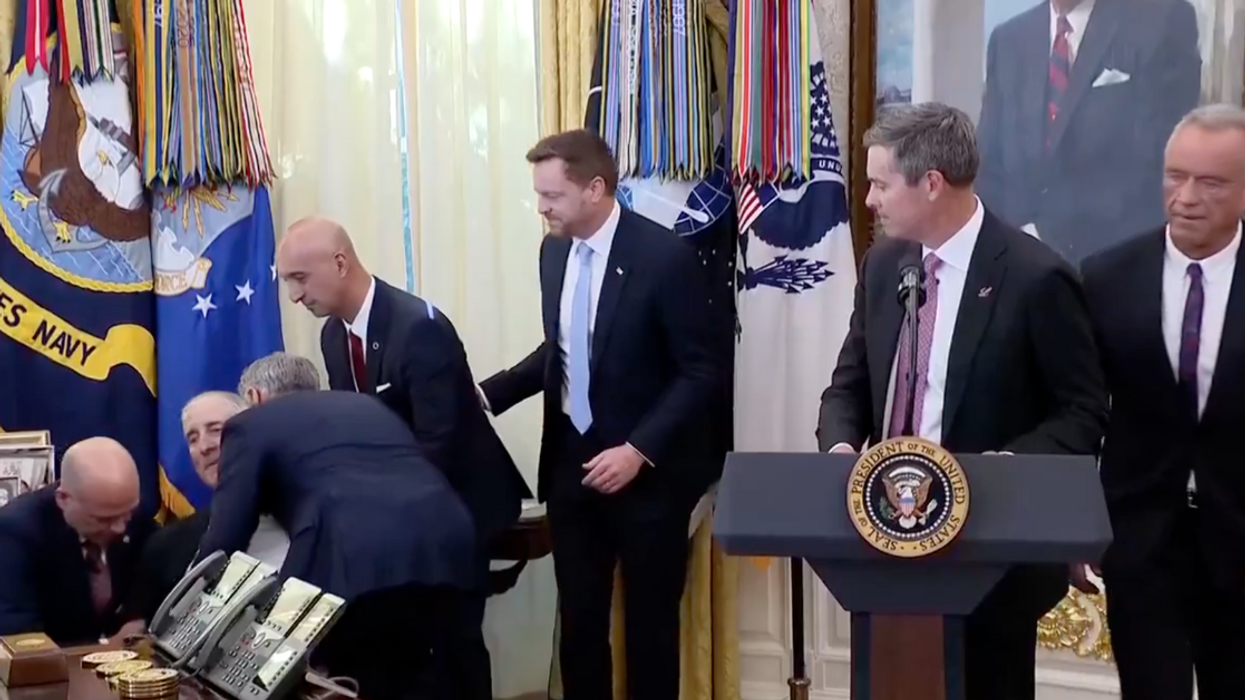


 breast cancer GIF by Baptist Health South Florida
breast cancer GIF by Baptist Health South Florida  Teddy Bear Doctor GIF
Teddy Bear Doctor GIF 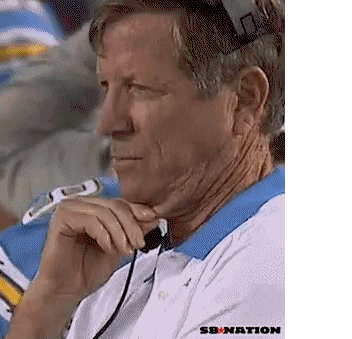 feeling neck skin GIF
feeling neck skin GIF  praying GIF
praying GIF 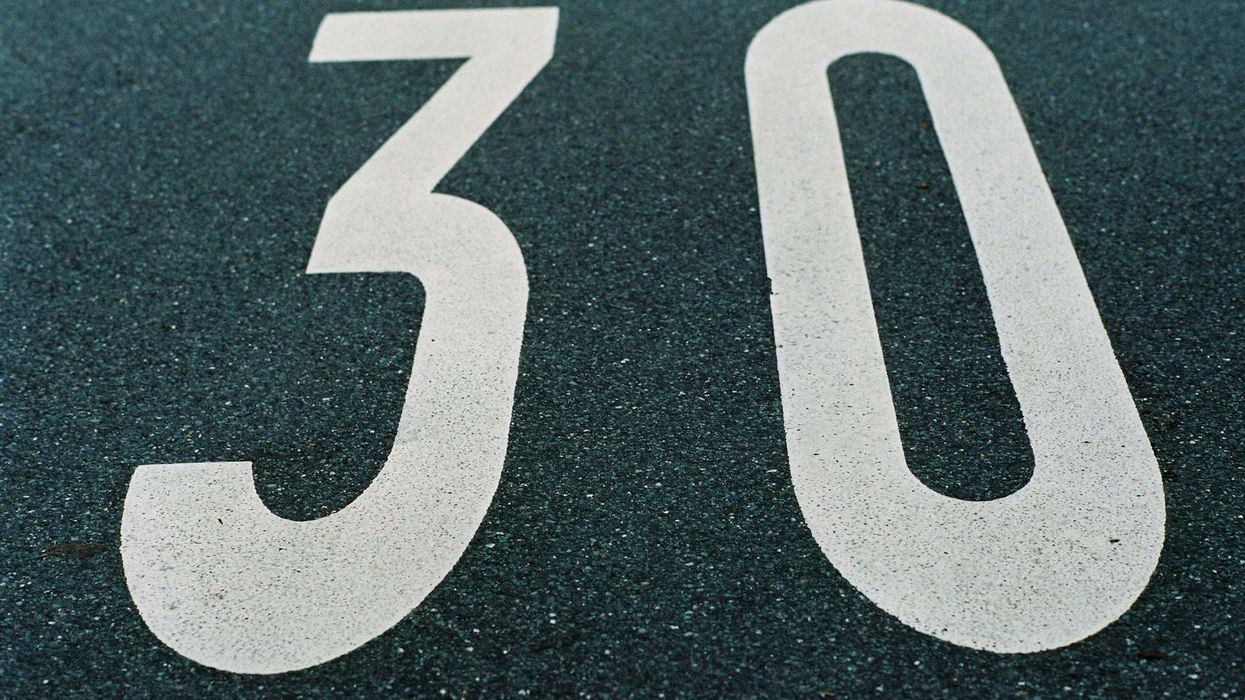
 Snail Ugh GIF by Sticker Book iOS GIFs
Snail Ugh GIF by Sticker Book iOS GIFs 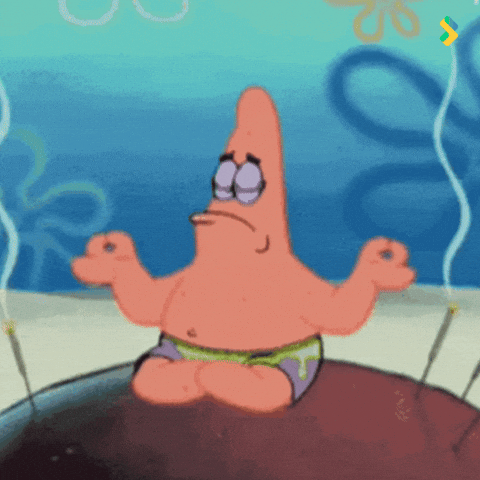 Serious
Serious  Home Alone Reaction GIF by 20th Century Fox Home Entertainment
Home Alone Reaction GIF by 20th Century Fox Home Entertainment  Cat Working GIF
Cat Working GIF